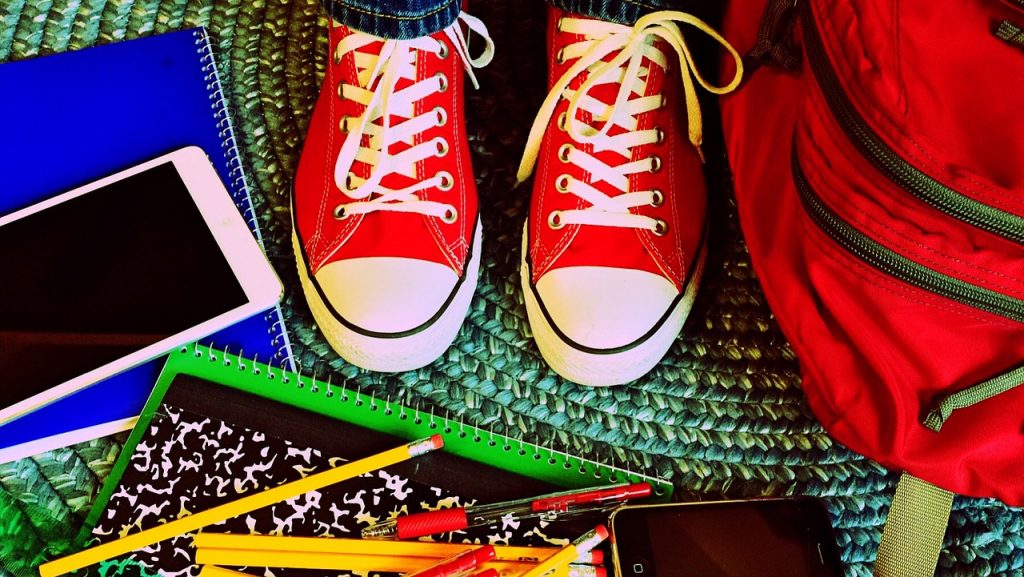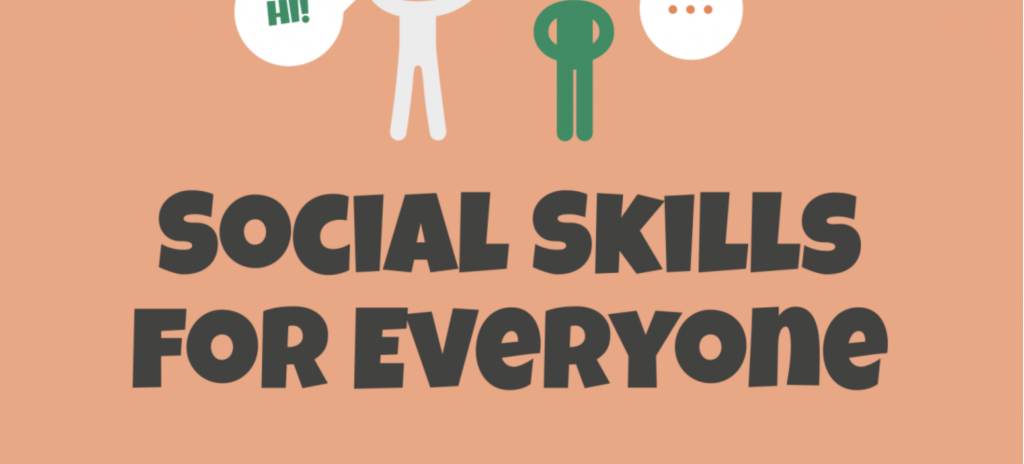Autistic Education: Back to School Tips from Actually Autistic People

How do we get our children pumped for a new school year? If the excitement doesn’t come naturally (or, even if it does), there is plenty parents and teachers can do to help autistic students better prepare for a return to school at the start of a new year and also maintain a healthy schedule and routine throughout the year. This article summarizes some ideas about autism and education as summarized by actually autistic individuals. If we give them the proper tools to begin a new routine and navigate a new schedule and environment, our messages of positivity, hopefulness, and excitement about the future are more likely to be embraced by our children.
…







